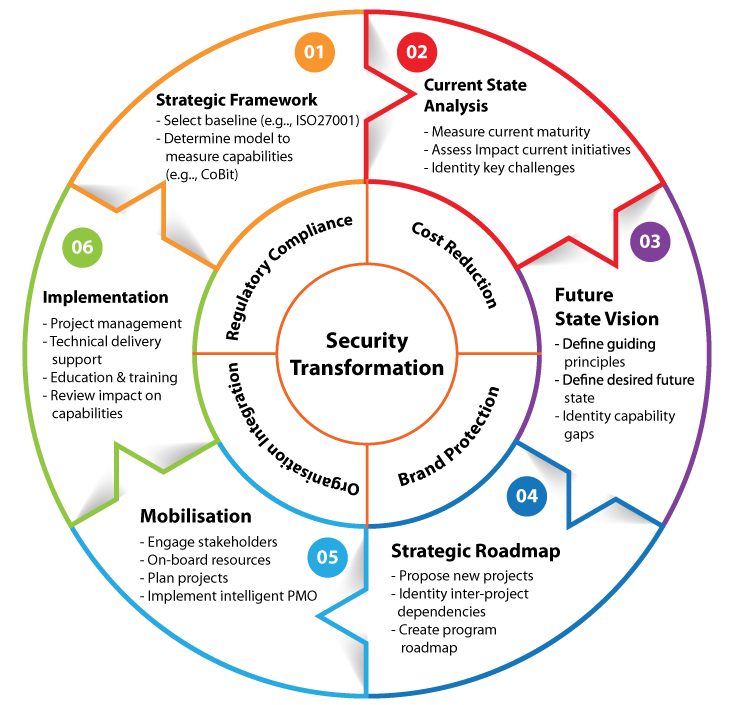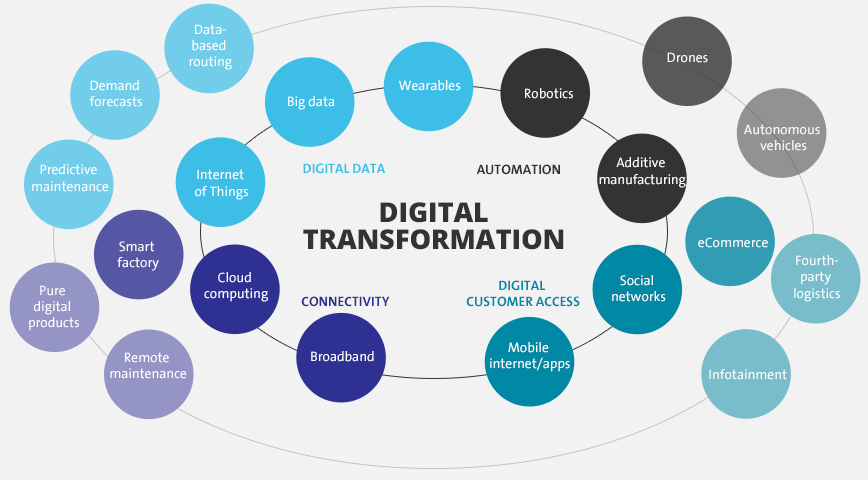
Digitalization
Digitalization is transforming the structure of businesses across the world in almost all sectors with new cutting edge technologies and approaches. Digital Transformation is about utilizing digital technologies for transforming the business into more sophisticated and profitable structure. In this digital era, technologies such as social media, mobile, cloud, IoT, analytics, security, user experience and digital marketing play a very crucial role in winning customers and inventing new sources of revenue acceleration. Digital business transitions are accelerating the need for workforce digital literacy, which is increasing the need for IT leaders that help employees boost digital dexterity. There are four key items behind these efforts, improving customer engagement, digitising products and exploring new business models, improving decision making and driving operational efficiencies.


The Internet of Things is a network of physical objects – vehicles, machines, home appliances, and more – that use sensors and APIs to connect and exchange data over the Internet.The value creation opportunities in each of these areas are enormous, however companies undertaking these efforts quickly learn that the technology in digital transformation is often the easiest part of change.
Successful digital transformation efforts always start with a clear understanding of strategy, current and future state operating models and risk appetite. Organisations need to decide whether or not they are going to be the disruptor and try to take a lead as a transformer, or whether they are going to play a waiting game, monitor the competitive landscape and react as necessary to defend market share. Leaders then must consider how people will be impacted, including how easily the culture of the organisation and behaviour of individual employees can adopt new approaches and how customer interactions will change for the better.